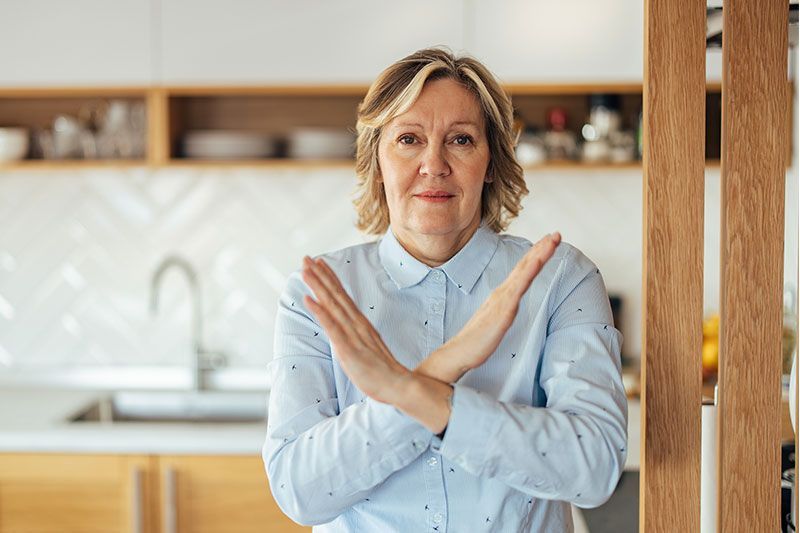Are You Constantly Saying Yes as a Caregiver? Learn the Art of Saying No!

Ever feel like your entire day revolves around saying yes? Yes to one more errand, one more favor, one more task squeezed into an already packed schedule. It’s easy to fall into the habit of taking on everything, especially when caring for someone you love. But here’s the truth: constantly saying yes as a caregiver can leave you exhausted, overwhelmed, and running on empty. The real secret to being a better, more present caregiver? Learning how—and when—to say no.
Why Saying No Matters
Caring for someone you love can feel incredibly fulfilling one moment, but completely overwhelming the next. When you take on too much, burnout becomes inevitable. Saying no doesn’t mean you care any less; it means you recognize your own limits and want to provide care that’s sustainable. It allows you to preserve your energy, protect your mental health, and focus on what truly matters.
And here’s the real surprise: setting boundaries actually benefits your loved one, too. When you’re exhausted, stressed, and stretched too thin, the quality of care you provide suffers. But when you set limits and take time for yourself, you come back refreshed, patient, and better able to offer the support they need.
How to Say No (Without the Guilt)
Saying no isn’t about shutting down requests with a harsh refusal. It’s a matter of setting realistic expectations and finding alternative solutions. Here’s how to do it gracefully:
- Acknowledge the need. Let the person know you understand their request. “I see that you need help with this, and I want to make sure it gets taken care of.”
- Be honest about your limits. It’s okay to say, “I can’t do that today,” or “I’m feeling really overwhelmed right now.”
- Offer an alternative. If possible, provide another solution. “I can’t pick up your prescription today, but I can schedule a delivery for you.”
- Stay firm. Some requests will be urgent, but others can wait. If guilt starts creeping in, remind yourself that you’re saying no to protect your own well-being, not to abandon your loved one.
When to Say No
Not every request needs a yes. If something is stretching you too thin, conflicting with your own health and well-being, or causing resentment, it might be time to say no. You don’t have to do it all alone. Asking for help, whether from other family members, friends, or a professional caregiver, can make a world of difference.
Help Is Available
If caregiving is taking a toll on your mental or physical well-being, please hit the pause button and reach out to Traditions Home Health Services. We’re here whenever you need us to help with daily tasks, companionship, and much-needed time for your own self-care. Give us a call at 617-376-3711 to learn more about our skilled Alzheimer’s care in Boston, Metro West, South Coast, and the surrounding areas in Eastern Massachusetts, with live-in care services available throughout New Hampshire, Vermont, Maine, and Massachusetts.



